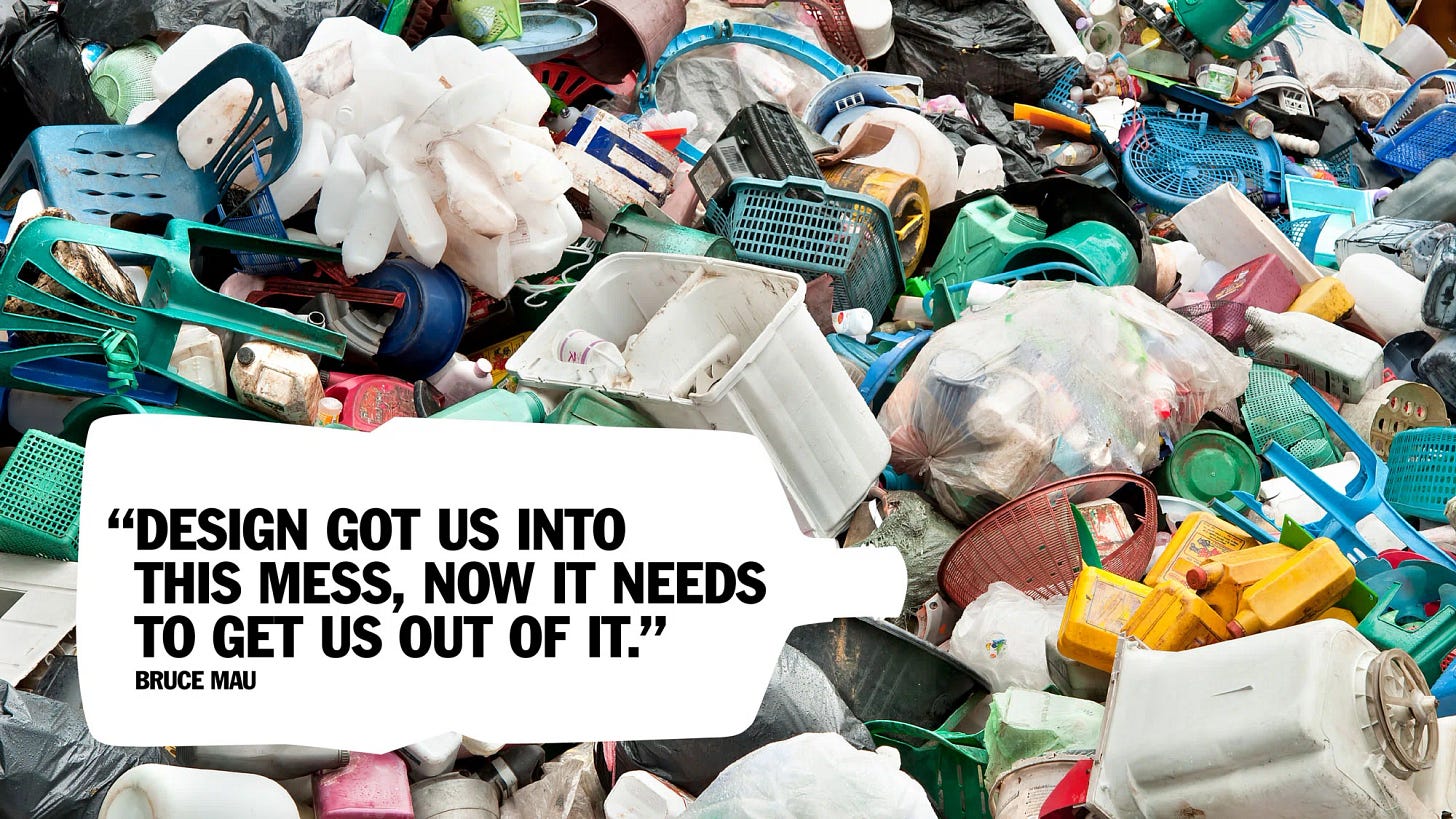Design Challenge ‘Wastes’ No Time Sparking Creativity: A New Perspective on Circular Design
Launched last week by the Mission Network of the Kingdom of the Netherlands in South Africa, in collaboration with the Craft and Design Institute (CDI) and supported by the City of Cape Town, this initiative is not merely a design competition but a transformative journey towards a sustainable future.
A Visionary Launch
The launch of the #cocreate Circular Design Challenge 2024 was marked by an inspiring address from Alderman James Vos, the City’s Mayoral Committee Member for Economic Growth. Vos underscored the urgency and potential of circular design—a concept that emphasizes the creation of products with zero waste, designed to be fully recyclable. He passionately called upon Cape Town's designers, innovators, students, businesses, and non-profit organizations to embrace this challenge and drive positive change.
Embracing Circular Design
Circular design is not just an environmental imperative; it's an economic one. The challenge aims to foster a culture of innovation where products are designed to be reused, repaired, and recycled, thus extending their lifecycle and reducing waste. This approach aligns with global trends towards sustainability, which predict the creation of seven to eight million new jobs by 2030 within a circular economy framework.
A Multifaceted Approach
The program kicked off on July 22 with 80 selected innovators participating in intensive design-thinking workshops at the Hasso Plattner d-school Afrika at the University of Cape Town (UCT). These workshops, guided by both local and international experts, focus on four key areas: Repair and Reuse, Organic Waste, Fashion and Textile, and Consumer Education and Behaviour Change. This comprehensive approach ensures that participants gain a holistic understanding of circular design principles and their practical applications.
The Road to Innovation
The culmination of these workshops will see eight finalists chosen in August to pitch their groundbreaking ideas. The stakes are high, with four seed funding awards of R15,000 each up for grabs. This funding is not just a financial boost but a crucial stepping stone for these innovators to transform their ideas into tangible solutions that can address Cape Town's unique challenges.
Economic Growth Through Sustainability
Alderman Vos highlighted the significant economic opportunities that a circular economy presents for Cape Town. By supporting creative small, medium, and micro enterprises (SMMEs) and the informal economy to recycle, share, refurbish, or repair, the city can enhance productivity while keeping sustainability at the forefront. This strategy aligns with the broader goal of developing a workforce that is both capable and aligned with the future needs of the economy.
Large clothing manufacturers, for example, can comply with extended producer responsibility (EPR) regulations, ensuring that garments and goods have extended lifecycles. This not only benefits the environment but also stimulates economic growth and job creation. By 2030, a global circular economy could create millions of new jobs, underscoring the symbiotic relationship between sustainability and economic prosperity.
A Call to Innovate
The #cocreate Circular Design Challenge 2024 is more than a competition; it's a clarion call for innovation. Alderman Vos’s challenge to Cape Town’s innovators, SMMEs, businesses, and students is a call to action: to design circular economy business models that fit South Africa's unique context, create jobs, and stimulate a sustainable economy. This initiative represents a significant step towards a future where economic growth and environmental sustainability are not mutually exclusive but intrinsically linked.
In conclusion, the #cocreate Circular Design Challenge 2024 stands as a testament to the power of collaboration and innovation. It is a platform where creativity meets sustainability, and where the drive for economic growth aligns with the imperative to protect our planet. As Cape Town's brightest minds come together to tackle the challenges of circular design, they are not just designing products—they are designing a better future for all.



